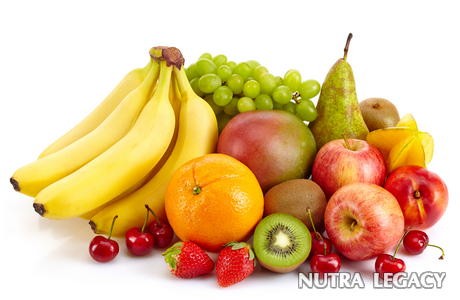The Real Story of Potassium
To the general public, potassium is merely the healthy component in bananas. Laypersons know they should consume more of the tropical yellow fruit for this reason, but they’re not sure what exactly makes potassium so beneficial to the body. This is nothing to be ashamed of. Even so-called experts have trouble separating the functions of nutrients like potassium from their industrial applications and functions as chemical elements.

For example, potassium is the chemical element with atomic number 19 and the symbol K. It is considered a soft and silvery-white alkali metal that found quite a niche in the fertilizer industry amongst countless others. But, let us focus today on potassium’s role in nutrition and well-being. Well, the reliable and underrated element can take many forms and the potassium ion, in particular, helps keep animal cells alive for starters. It’s also an essential nutrient in most soils and in much of the plant life that comprises our diets.
According to the USDA, bananas are indeed a good natural source of potassium. However, other valuable dietary sources include potatoes, white beans, tomato paste, orange juice and beets.
For those unfortunate souls who suffer from high blood pressure and/or hypertension, potassium chloride is useful as a low-sodium and tasty substitute for table salt. As the sulfite compound, potassium bisulfate, the nutrient is excellent for helping to preserve beer and wine (still healthy in moderation). Potassium sodium tartrate deserves most of the credit for the production of baking powder – one of the world’s most diverse household substances.
Today, the application of nutritional supplements continues to gain popularity and credibility amongst informed citizens (in spite of the known absorption issues). In this context, potassium is transferred into monopotassium phosphate. Also known as potassium dihydrogen phosphate, monobasic potassium phosphate or MKP, this soluble salt consists of potassium and phosphorus making it a suitable fertilizer, fungicide, food additive and supplement ingredient. Ironically, monopotassium phosphate is also used as an additive in cigarettes and some energy drinks.
However, this does not discount its rejuvenating properties, nor its potential to help maintain optimum health. Consumers simply need a keen eye and a hungry mind to spot the more trustworthy products on the market.
The information supplied in this article is not to be considered as medical advice and is for educational purposes only.
|
| ||||||||||||||





 10 Jan 2014
10 Jan 2014